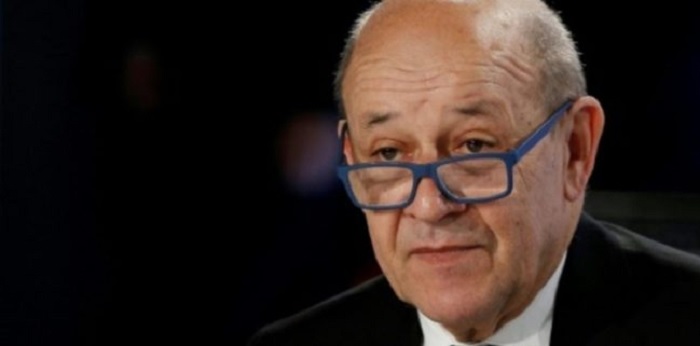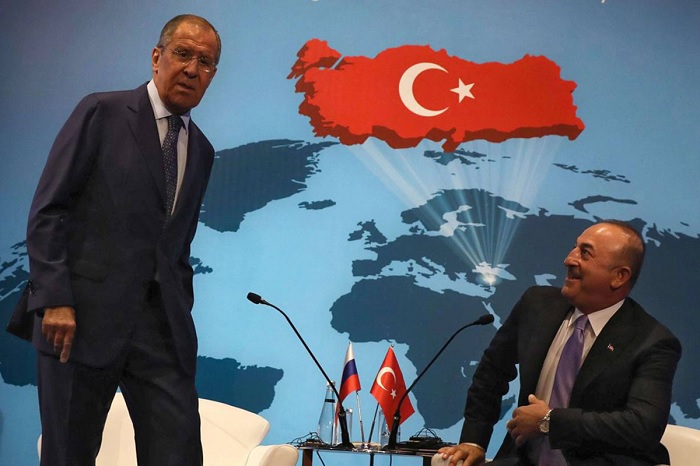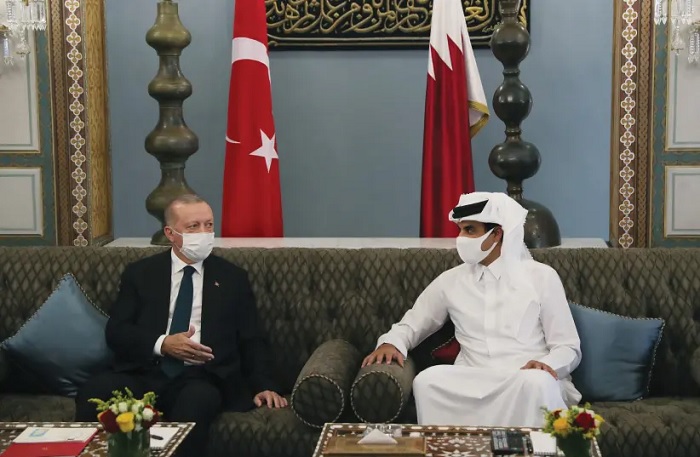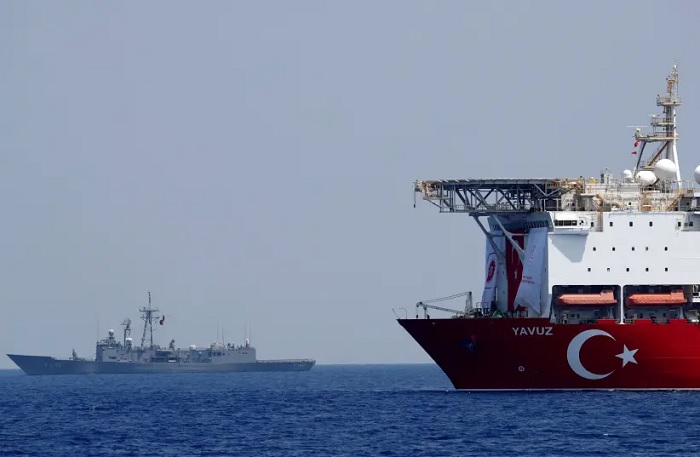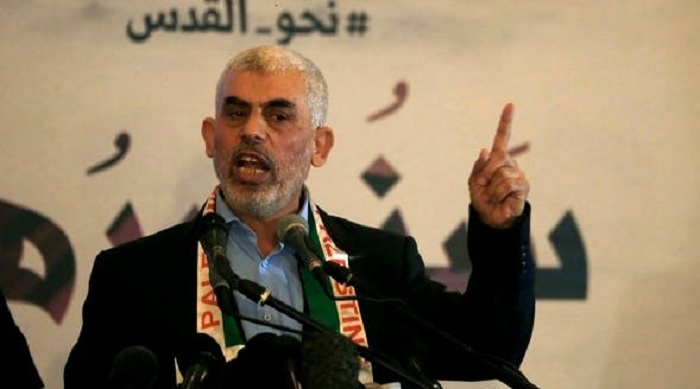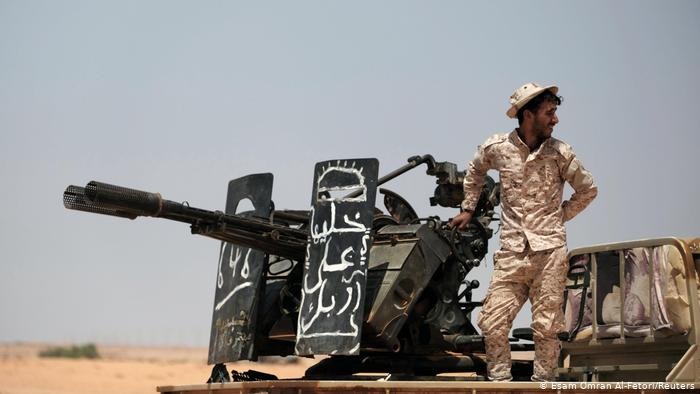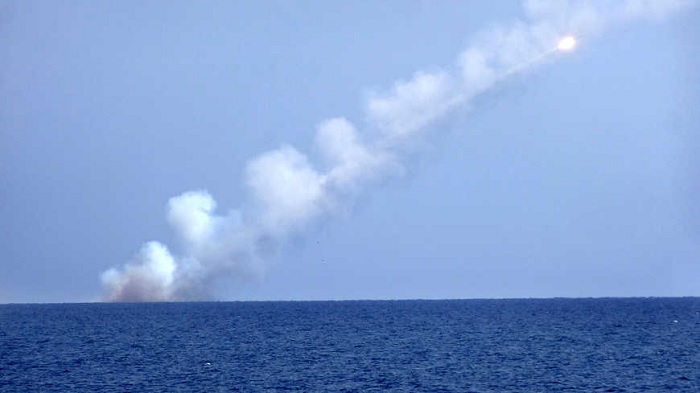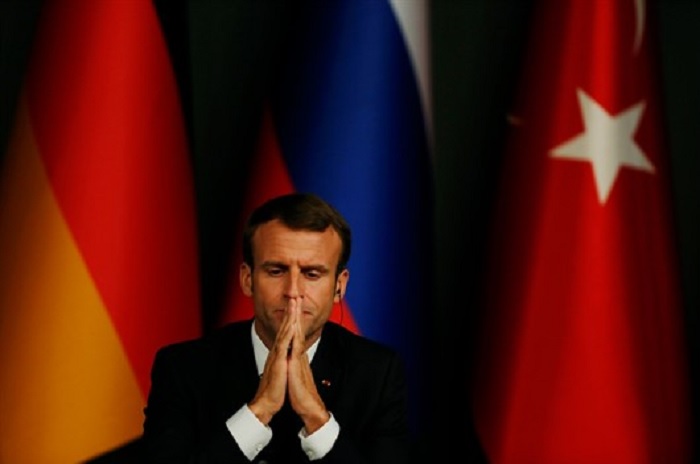Mali: Sous l’air froid des bureaux : canne blanche pour Assimi Goïta et ses affidés
Du haut de sa position du vice-président de la transition, le Colonel Assimi Goïta et ses affidés portent en parfaite symbiose pour exercer une pression colossale au sommet de l’État. Pas en termes du bon travail, mais en termes d’emprise sur les prérogatives du Chef de l’État.

